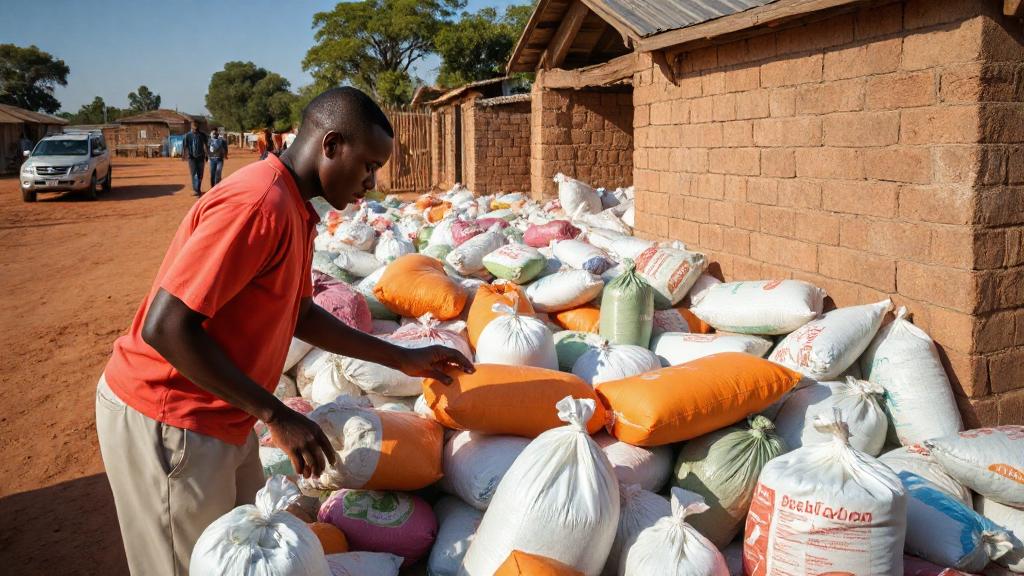Protection

South Sudan’s history is characterized by civil wars, economic repression, inter- tribal conflicts, proliferation of small arms, which have resulted into wide spread insecurity, socio-economic disparities and gender inequalities. These inequalities have continued to fuel conflicts even after the independence of South Sudan from Sudan.
Consequently, the magnitude of the problem, the risk factors and the health effects, as well as the costs to society and impact on economic growth has overwhelmed the new nation which barely has resources to tackle them. MaCDA’s work is focused on the need to increase knowledge, promote behavior change, provide access to emergency medical services to survivors of gender based
violence, and build capacity of frontline responder to be able to respond efficiently and effectively, increase advocacy and policing and partnership for eliminating gender violence. This we do through: strengthening of protection programs to mitigate risks from the consequences of conflict; enhancing protection environment for IDPs and other affected populations to ensure durable solutions e.g. creation of child and female friendly spaces, and providing risk analysis and advocacy, psychological support, social
economic support, reintegration of children associated with armed groups, legal assistance, family tracing and reunification and community safety and protection.
This includes community based protection mechanisms, material assistance and risk education. Our protection interventions are guided by local laws as well as conventions and applicable International humanitarian laws including Convention on Elimination of All forms of Discrimination Against Women, UNSCR 1325 which is domesticated in Sudan’s National Action Plan on women, peace and Security, UNSCR 2419 &2250 on Youth, South Sudan’s Child Act Convention on the rights of Children including the Paris Principle and International Law on Protection of War Victims.
